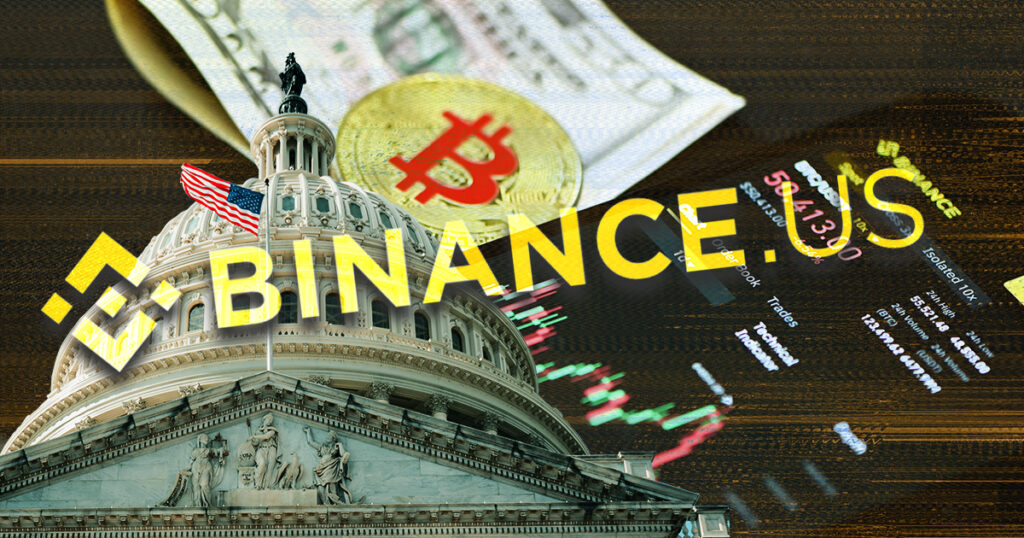U.S. Congress should hold an inquiry into Binance.US over its connection to Merit Peak, according to statements from a senator quoted by Reuters on Feb. 17.
Senator Roger Marshall told the publication:
“Something fishy is going on here that clearly doesn’t pass the smell test…Congress needs answers, and Binance.US and Silvergate are obligated to give them to us.”
On Feb. 16 it was reported that Binance.US sent $400 million from an account at Silvergate Bank to the trading firm Merit Peak in 2021. Merit Peak listed Binance CEO Changpeng Zhao as a manager — and combined with the fact that Binance and Binance.US are supposed to operate separately, that relationship represents a likely conflict of interest.
Since that report, Binance.US has publicly stated on Twitter that Merit Peak operated on its platform but “stopped all activity on [Binance.US] in 2021.”
Though Binance.US made a similar statement privately to Reuters yesterday, it also expanded on that statement in today’s public tweet. It asserted that only Binance.US employees have access to company bank accounts. It also said that external market makers like Merit Peak must compete fairly and transparently for rebates.
Binance.US additionally said that it does not and will not trade or lend out customer funds. The company distanced itself from high-profile company collapses caused by co-mingling of funds — presumably an allusion to the failure of FTX and Alameda Research.
Binance’s global arm has dealt with numerous regulatory intrusions and in fact expects to pay fines to U.S. regulators, according to a Feb. 15 report from the Wall Street Journal. However, Binance.US has rarely been the target of such scrutiny apart from an earlier and ongoing SEC investigation into the matter of Merit Peak.
Binance.US could soon face broader scrutiny if today’s recommendation from Senator Marshall is taken up in Congress and becomes more than a private statement.
Marshall was previously involved in a congressional inquiry into the relationship between FTX and Silvergate as well as an anti-money laundering crypto bill.


